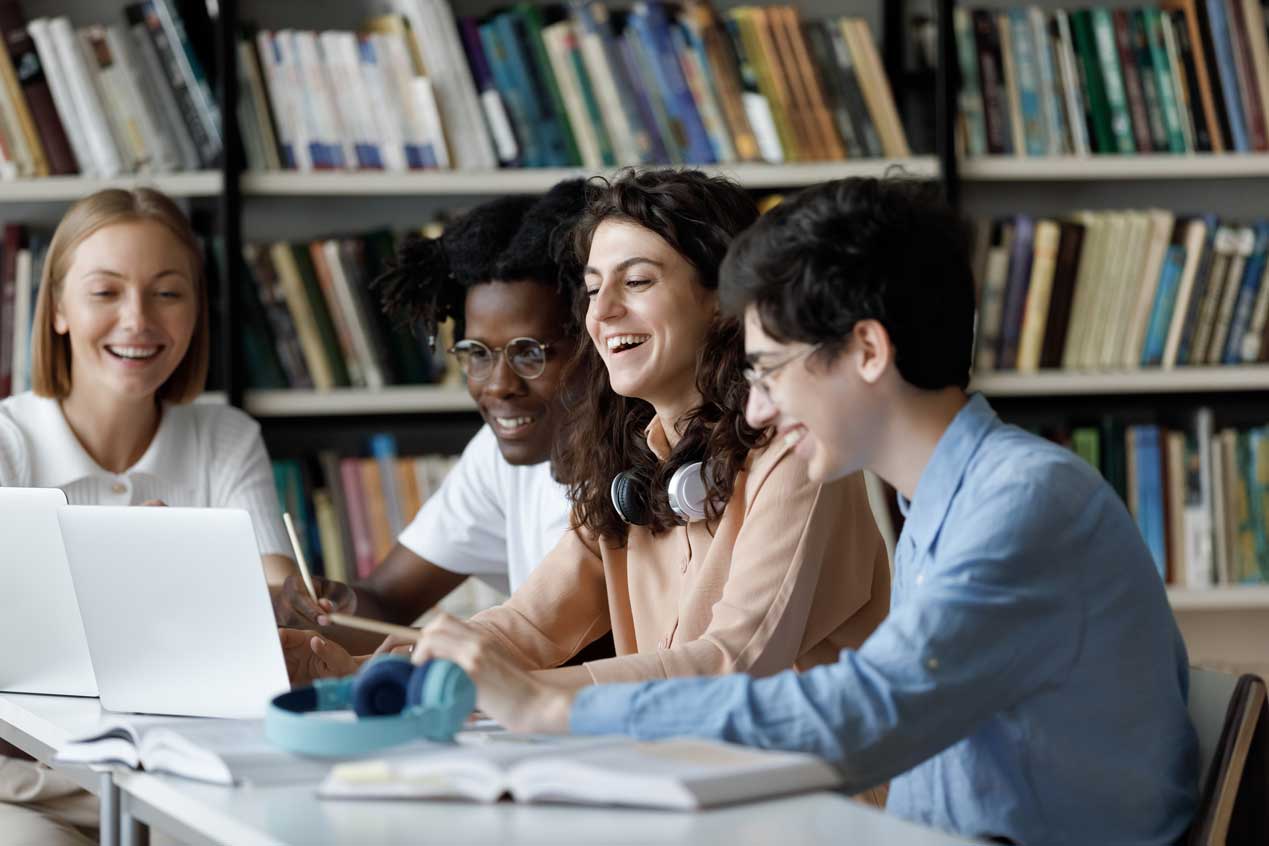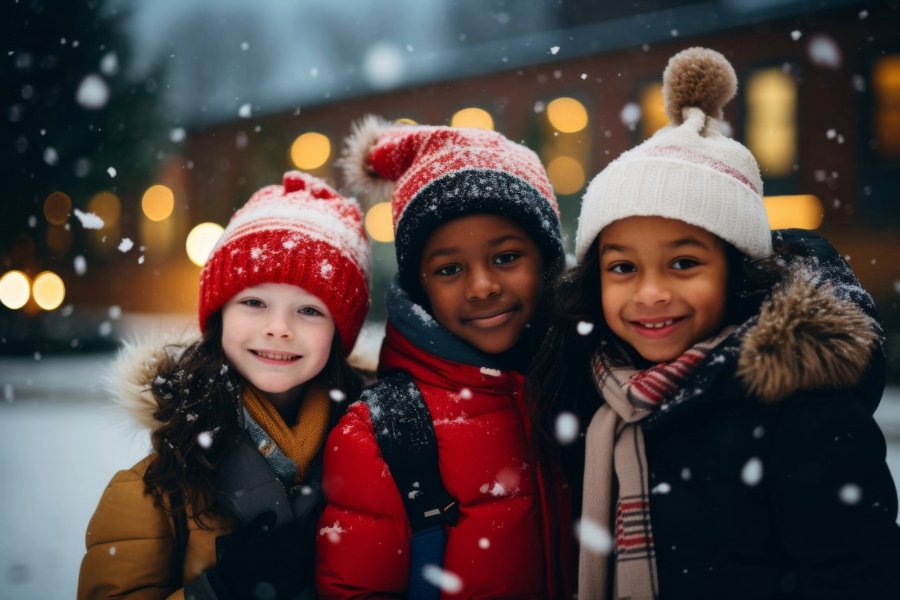Help Youth
With our youth-focused curriculum, you’ll learn how to talk to young people ages 12-18 about mental health and substance use and how to step in when they need help.
Find Training Train a Group Para hispanohablantes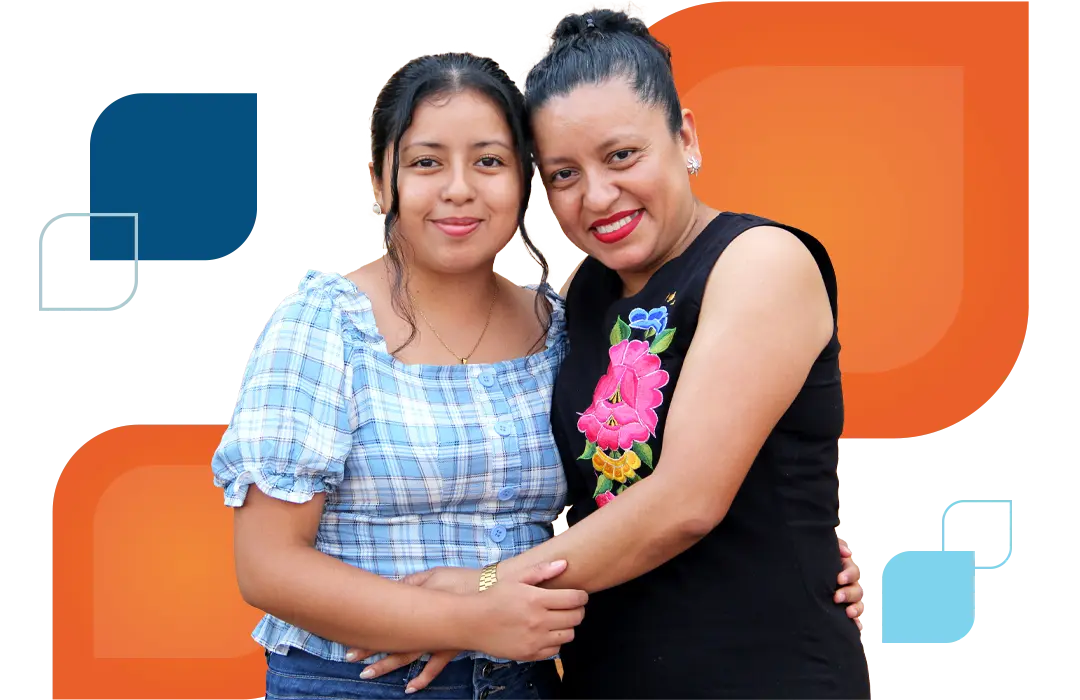
How Youth Mental Health First Aid Helps
Over half of young people with unmet mental health needs think no one would care if they got better. You can show them that recovery is possible with our trusted, evidence-based training.

Help Young People Grow and Succeed
When you support mental health early, young people can focus on learning, growing and being their best — at school and in life.

Understand Their Struggles
Reports show that 75% of parents don’t know where or how to seek help for their child. Learn what they’re going through and how to find the right support.

Break the Stigma
71% of young people with depression who never sought help said they were worried about what people would say. You can change that by making it OK to talk about mental health.
Know How to Get Them Talking
Many kids stay quiet and try to handle things alone. Learn how to notice the signs that they might be struggling, and how to build trust so they open up.
Show Up With a Plan
85% of educators say they need better training to handle student mental health. Our simple MHFA Action Plan (ALGEE) gives you the tools to respond with confidence.
Help Youth Get the Care They Need
93% of young people with a substance use disorder don’t think they need treatment. Be the one who guides them to professional help.
Who Should Take Youth MHFA?
- Parents
- Family members
- Guardians
- Caregivers
- Teachers and school staff
- Coaches
- Camp counselors
- Youth group leaders
- Health and human services workers
Are you under 18 or looking for peer-to-peer training? Check out our training for teens helping teens.
What You Learn
In this full-day training, you’ll learn how to help young people ages 12-18. Topics include anxiety, depression, eating disorders, bullying, social media, substance use and ADHD. You’ll be able to:
- Recognize signs and symptoms in young people.
- Use the MHFA Action Plan (ALGEE).
- Interact with a young person in crisis.
- Connect a young person with professional help.
- Address stigma and explain that recovery is possible.
- Encourage young people to practice self-care.
What to Expect
Your certified Instructor will create a respectful, supportive space either online or in person.
They will help you relate what you learn to real-life scenarios. Group discussions and activities give you a chance to practice your new skills to help others.
Alyssa Fruchtenich
School-based Mental Health Coordinator, UnityPoint Health
“It can be scary for an adult who suspects a child is thinking of hurting themselves. Where do you start the conversation? When a teacher says, ‘How can I be helpful?’ it can be a lifeline to that kid.”
Read more about Alyssa’s experience being a Youth Mental Health First Aider.
Learn How to Help Different Youth Populations
Youth Mental Health First Aid is also available for two specific communities. Each class includes scenarios, images and statistics to match the group’s needs.
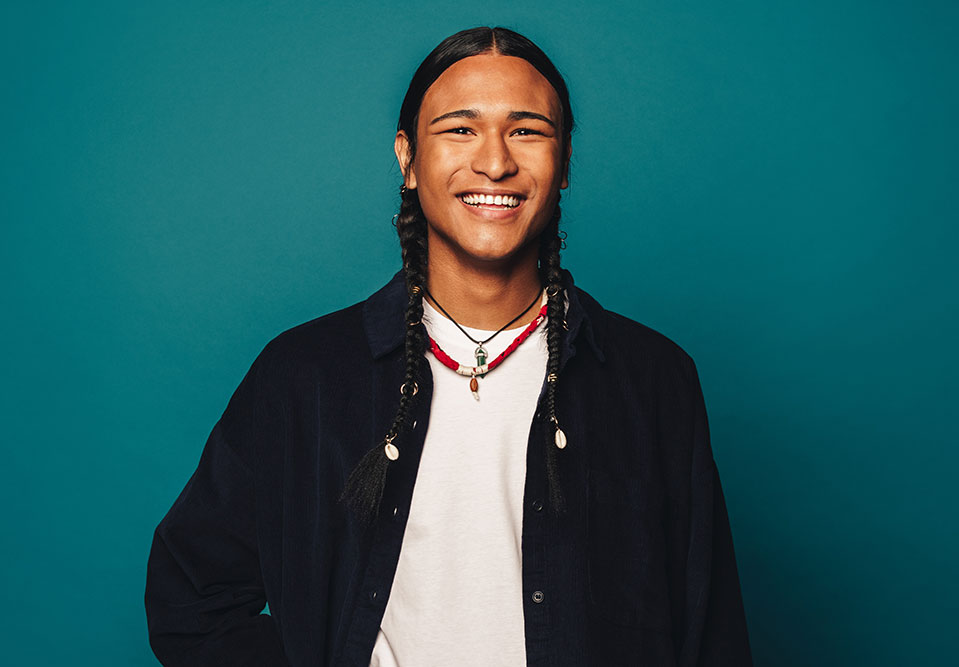
Be ready to provide the help young people need with this training that is designed to honor Tribal communities’ practices.
Learn More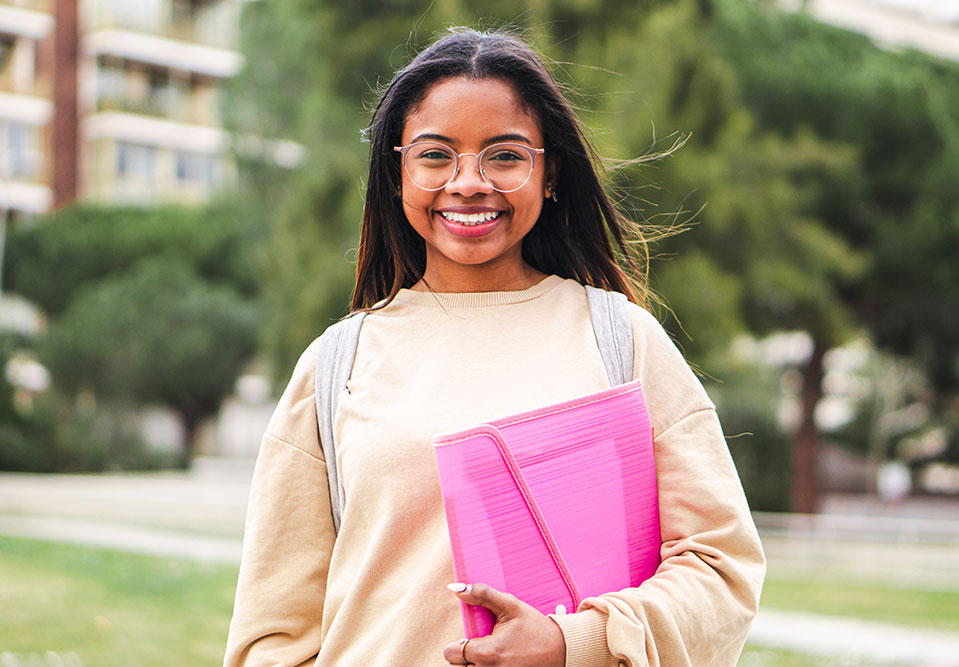
Take this translated course to learn how to support mental health for Spanish-speaking youth.
Learn More
